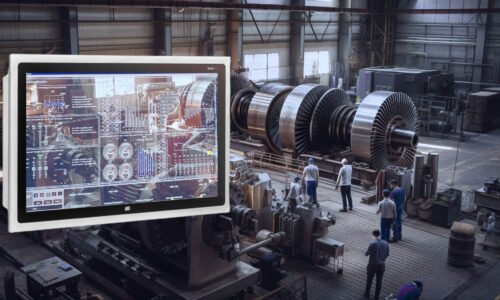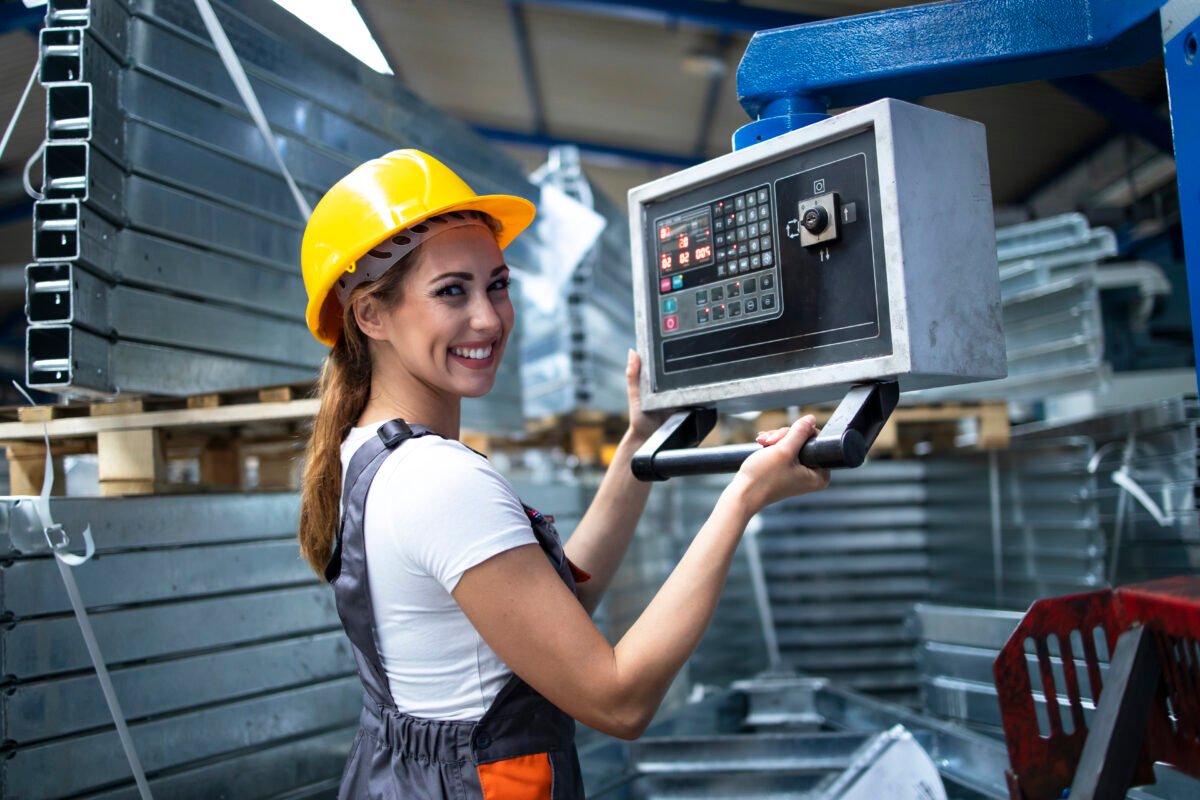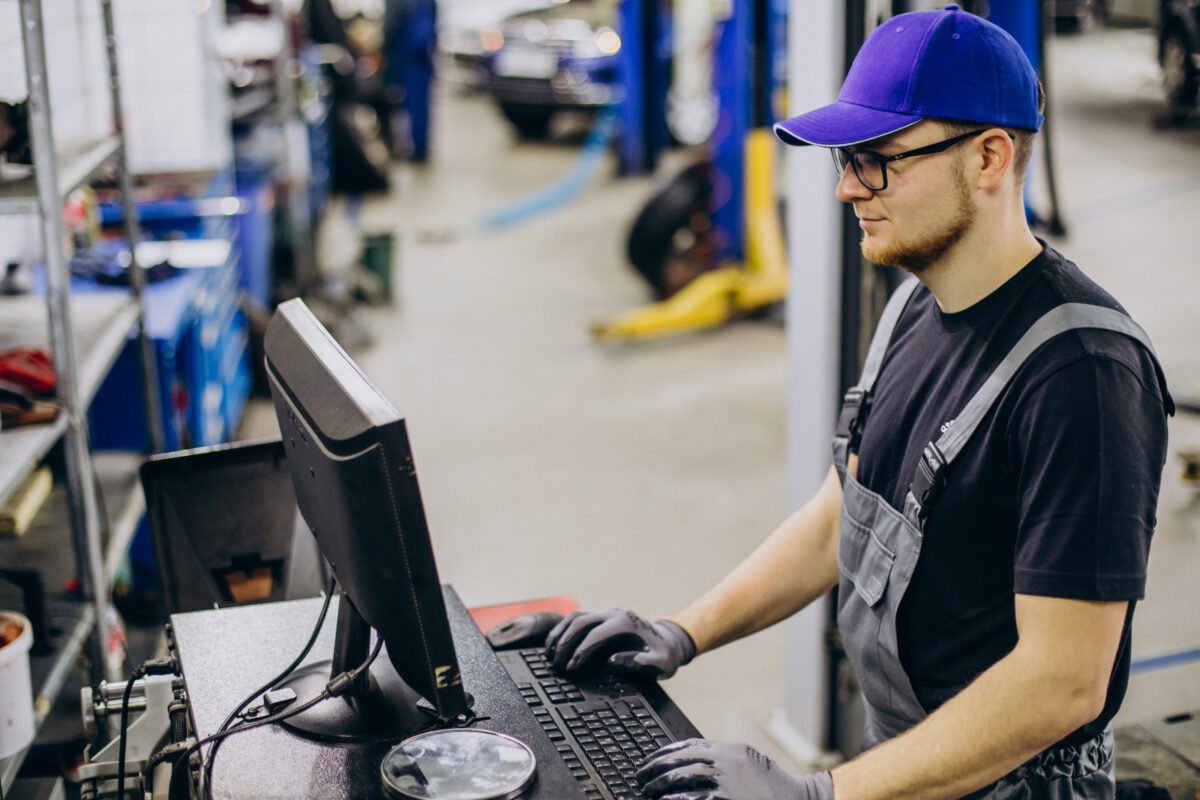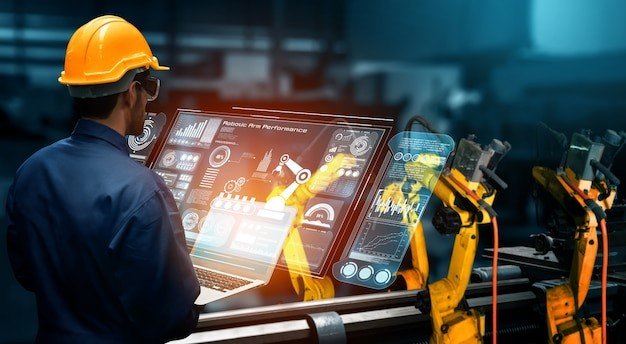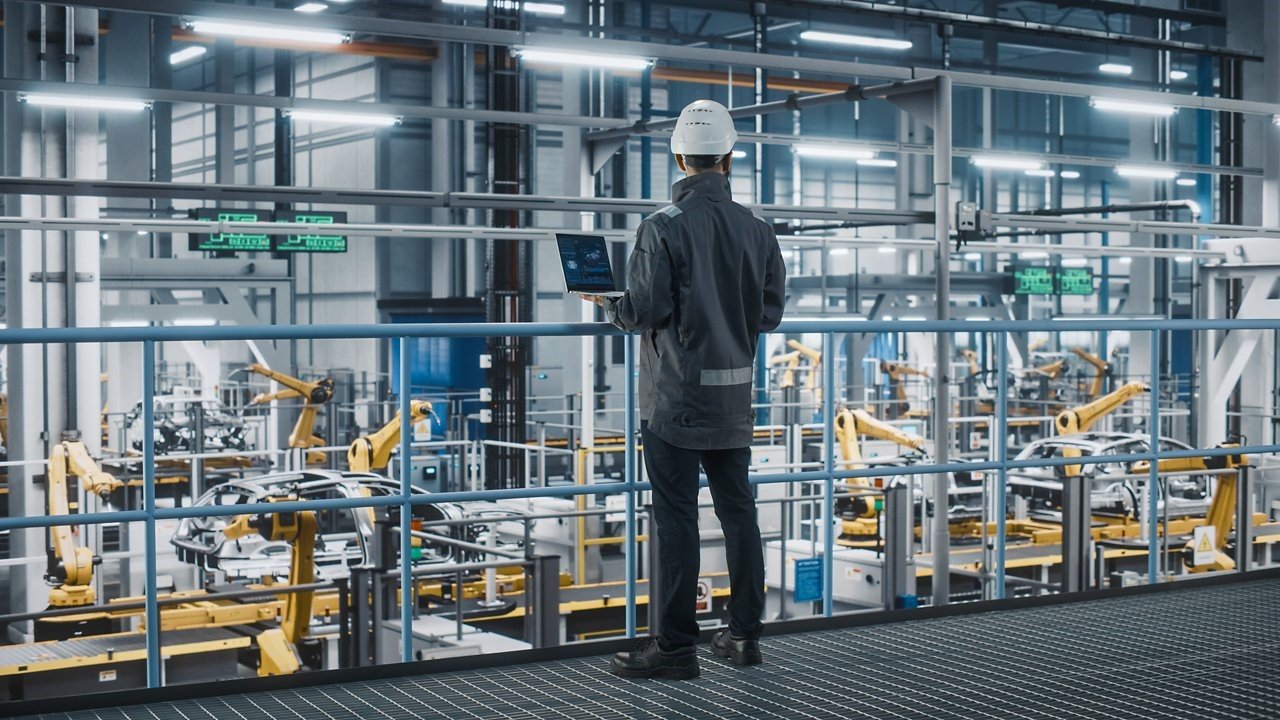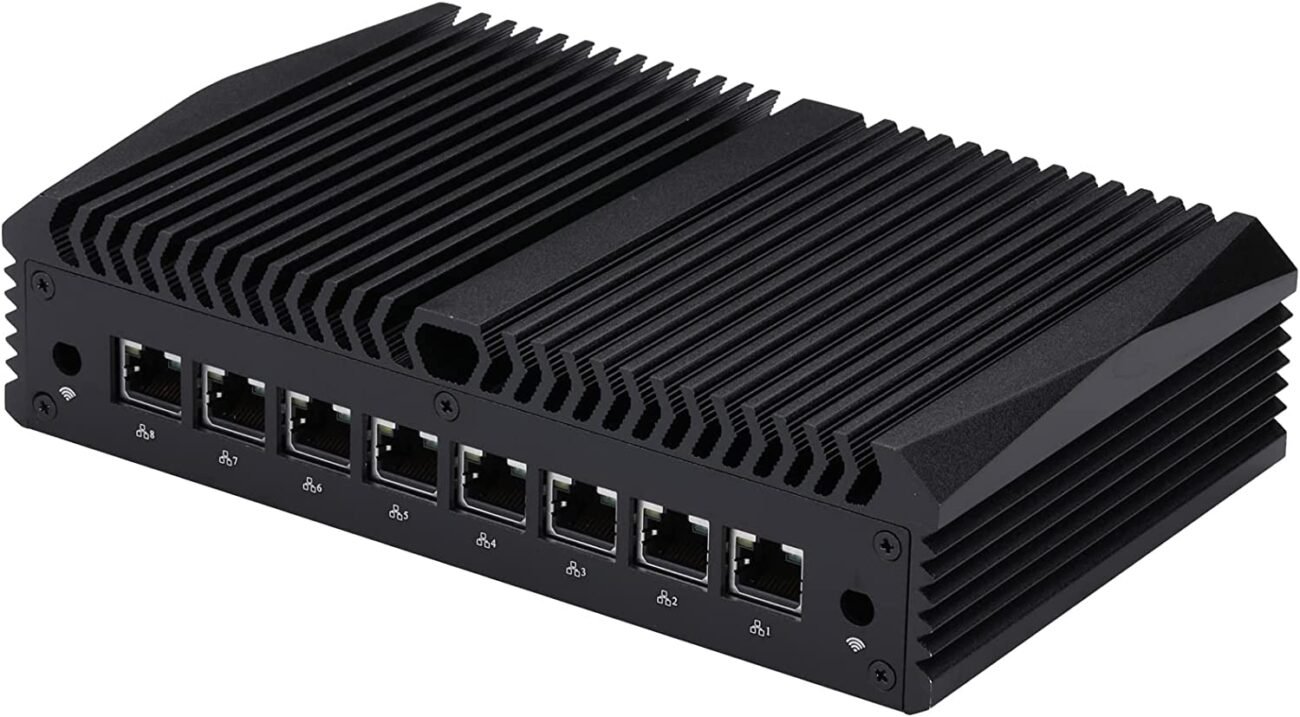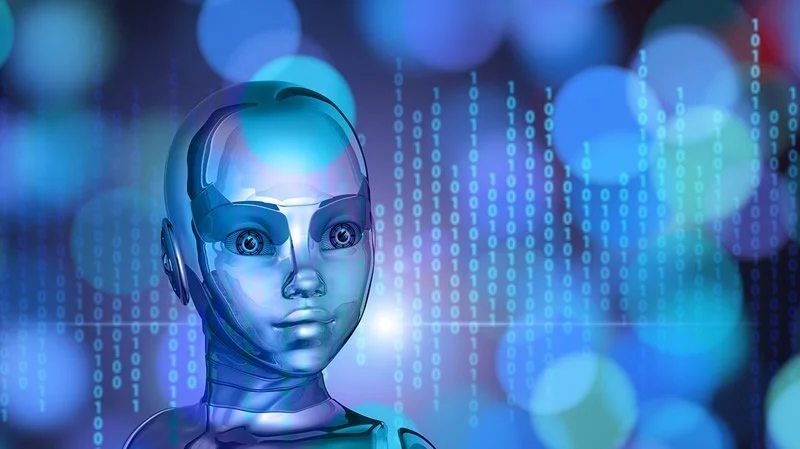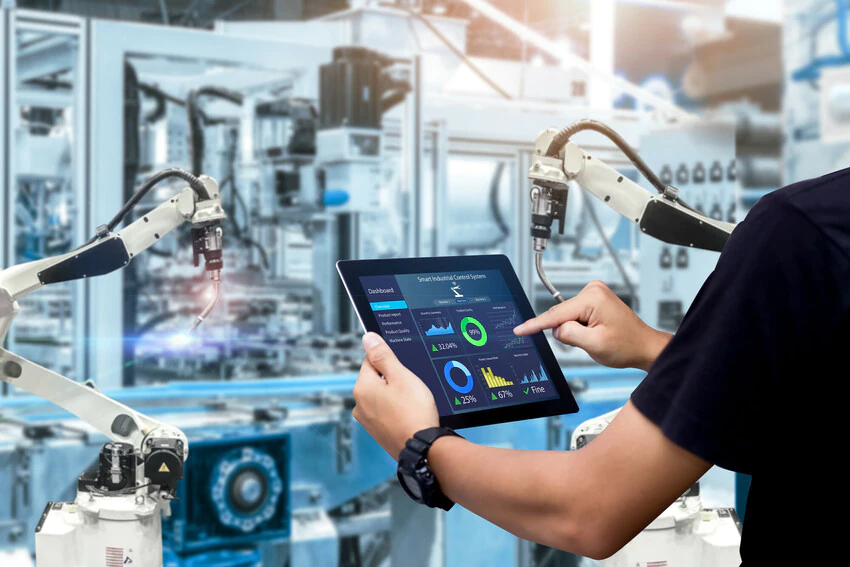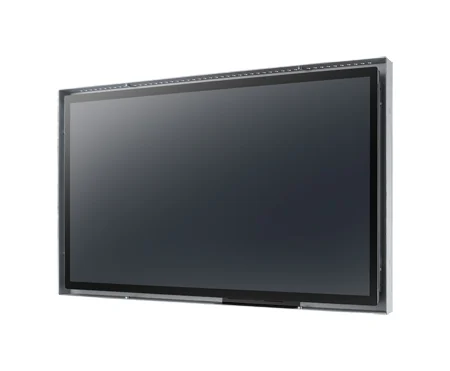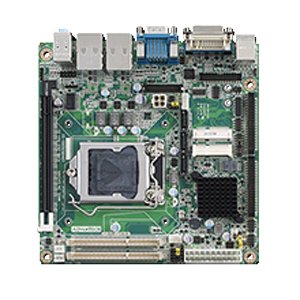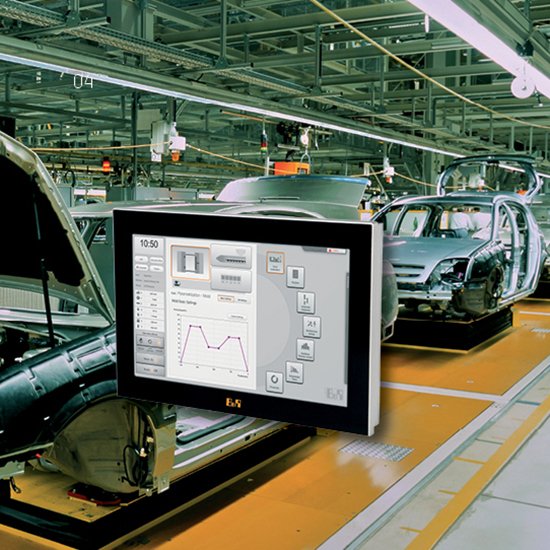Introduction:
Manufacturing automation has become a cornerstone of modern industry, driving efficiency, precision, and competitiveness. At the heart of this transformation lie industrial computers, which play a pivotal role in orchestrating and optimizing the automation processes. In this blog post, we will delve into the multifaceted role of industrial computers in manufacturing automation and explore how they are reshaping the industry landscape.
Centralized Control and Supervision:
- Industrial computers serve as the central nervous system of automated manufacturing lines. They enable operators to monitor and control various machines and processes from a single interface.
- Discuss how industrial PCs provide real-time data on production metrics, allowing for quick decision-making and adjustments to optimize efficiency.
Precision and Consistency:
- Automation demands precision, and industrial computers excel in this regard. They ensure that machines perform tasks with consistent accuracy, reducing errors and defects.
- Highlight examples of industries where precision is critical, such as semiconductor manufacturing or pharmaceutical production.
Integration of Sensors and IoT Devices:
- Explain how industrial computers seamlessly integrate with sensors and IoT devices to gather data from the production floor. This data is then used for monitoring and predictive maintenance.
- Provide real-world cases of how IoT-connected industrial computers have improved maintenance and reduced downtime.
Process Optimization through AI and Machine Learning:
- Explore how industrial PCs equipped with AI and machine learning capabilities analyze vast amounts of data to identify patterns and optimize production processes.
- Share success stories of companies that have leveraged AI-powered industrial computers to achieve significant cost savings and productivity gains.
Flexibility and Adaptability:
- Discuss the importance of flexibility in modern manufacturing and how industrial computers can be reprogrammed and adapted for different tasks and production changes.
- Give examples of industries where rapid reconfiguration is crucial, such as automotive manufacturing.
Data Security and Compliance:
- Emphasize the role of industrial computers in ensuring data security and compliance with industry regulations, especially in sectors like healthcare and aerospace.
- Explain the measures and protocols in place to protect sensitive manufacturing data.
Enhanced Safety:
- Touch on how industrial computers contribute to safety by monitoring and controlling machines to prevent accidents and respond to emergencies.
- Include real-world scenarios where industrial computers have improved workplace safety.
Conclusion:
Industrial computers are the linchpin of manufacturing automation, enabling precision, efficiency, and adaptability in an increasingly competitive industrial landscape. As technology continues to advance, their role in shaping the future of manufacturing will only become more pronounced. By understanding and harnessing the power of industrial computers, manufacturers can stay at the forefront of innovation and remain agile in the face of evolving market demands.

